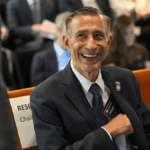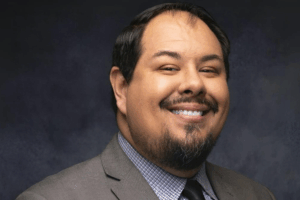Although California voters approved Prop 36 overwhelmingly in November 2024, the state budget omits funding; meanwhile, redistricting efforts gain momentum and resources.
California voters overwhelmingly approved Proposition 36 in November 2024, a measure designed to toughen penalties for repeat drug and theft offenders. Yet Gov. Gavin Newsom’s revised 2025—26 budget leaves the initiative with no dedicated funding, despite state estimates that implementation could cost between $250 million and $400 million annually
Proposition 36, which passed with nearly two-thirds of the vote, rolled back parts of Proposition 47 (2014), the progressive law that reclassified many felonies as misdemeanors. Supporters of the 2024 measure argued it was necessary to curb rampant retail theft, organized crime, and rising drug abuse across the state.
The initiative allows prosecutors to file felony charges against individuals with prior convictions who are caught repeatedly shoplifting goods under $950 or possessing controlled substances. It also includes treatment mandates for drug offenders, further straining county resources.
Law enforcement leaders and county officials have pressed Sacramento to deliver on what is the will of the voters. Without state funding, local governments are forced to absorb the cost of prosecutions, incarcerations, and treatment programs, potentially diverting money from schools, mental health, and victim services.
“A budget is an expression of priorities, and the current state budget does not acknowledge the will of the voters who overwhelmingly supported Proposition 36,” said State Senator Roger Niello (R–Fair Oaks).
The Legislative Analyst’s Office has already warned that Prop 36 could drain tens of millions each year from programs that rely on savings generated by Proposition 47.
At the same time, the governor and Democratic leaders have poured political energy into advancing Proposition 50, a controversial gerrymandering measure that would sideline the independent Citizens Redistricting Commission and allow lawmakers to redraw congressional maps until 2030.
For conservatives, the contrast underscores a troubling reality in Sacramento: policies meant to restore accountability and strengthen law enforcement are treated as secondary, while political maneuvering around congressional seats takes center stage.
“It’s an insult to California voters,” one critic told the Los Angeles Times, pointing to Newsom’s decision to exclude Prop 36 funding despite overwhelming public support.
California’s budget fight now highlights a larger philosophical divide. Voters demanded stronger consequences for repeat offenders, yet Sacramento appears more focused on protecting its political future through redistricting than ensuring public safety.
For families and business owners who continue to face the consequences of rampant theft and drug crime, that misalignment is impossible to ignore.














Add Comment